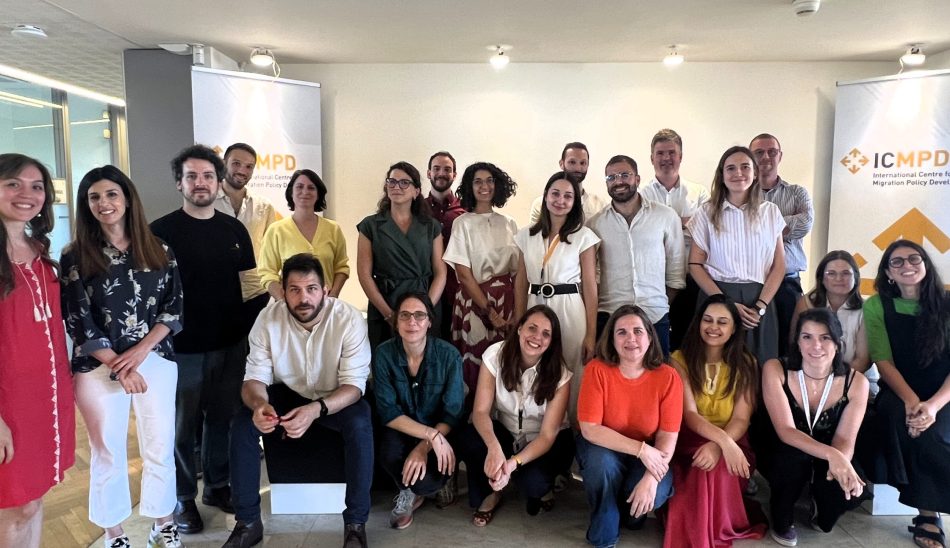The first six months of 2025 marked a period of strategic deepening and operational work and learning for the RRF. We concentrated our efforts in consolidating and expanding internal capacities, generating knowledge and tools for Member States (MS), strengthening the presence and collaboration with local and national actors in countries of origin and piloting new activities. The result is a more connected, context-aware programme – one better equipped to continue to support our MS and engage with partners in Europe and beyond, including through ongoing cooperation with Frontex.
⭐ Stakeholder Expansion and Internal Restructuring
In a key milestone for the RRF, Ireland, through its Department of Justice, formally joined the RRF in early 2025, becoming the 14th participating MS. This step reflects the growing relevance of the RRF’s networks in building bridges in the EU as well as in countries of origin.
To support its growing and expanded portfolio of activities, the RRF restructured its internal set-up in the first half of 2025, establishing four functional teams to enhance coherence and delivery. The RIAT Team continues to develop, maintain and support the implementation of the Reintegration Assistance Tool; the MS Capacity Development Team manages activities targeting MS such as counselling; the Referral and Local Ownership team focuses on interventions including reintegration services, referral projects, and capacity development; the Facility Support and Knowledge Team leads on stakeholder engagement, knowledge management, MEL and other cross-cutting topics. This structure strengthens thematic leadership across the various RRF’s work streams, including those carried out in cooperation with Frontex and other stakeholders.
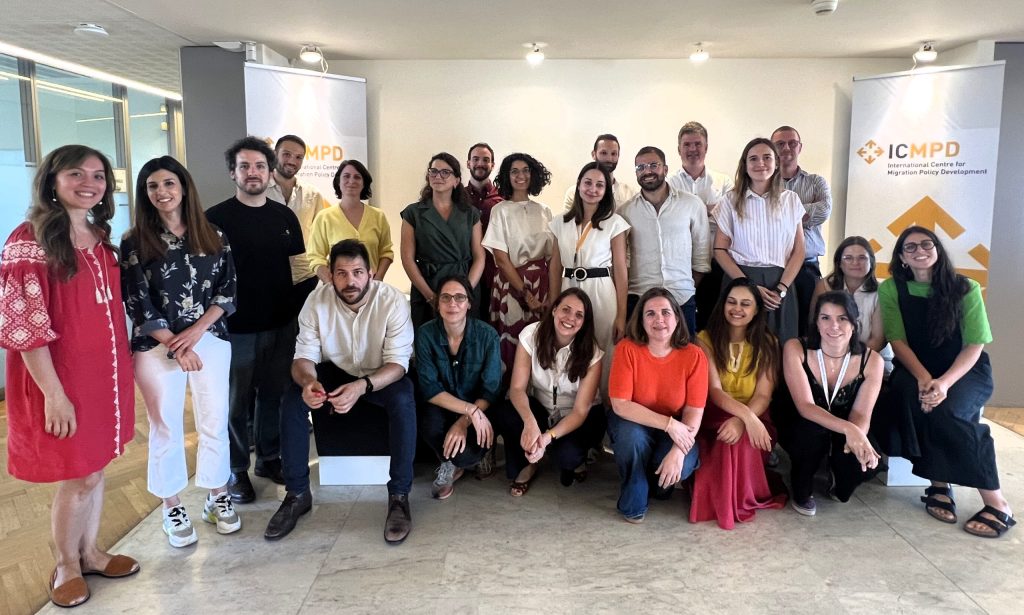
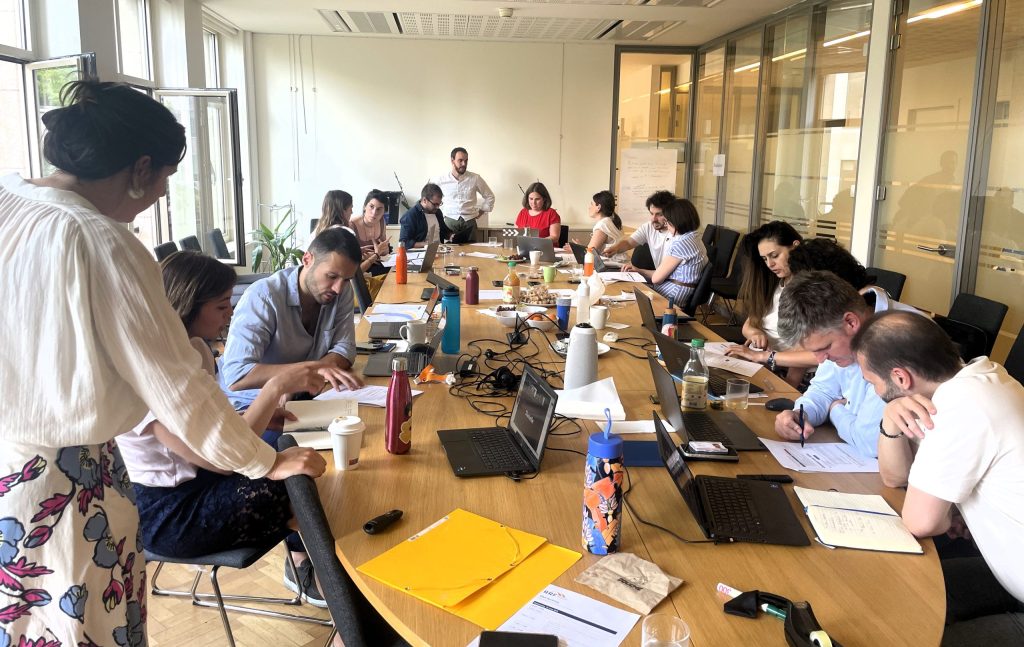
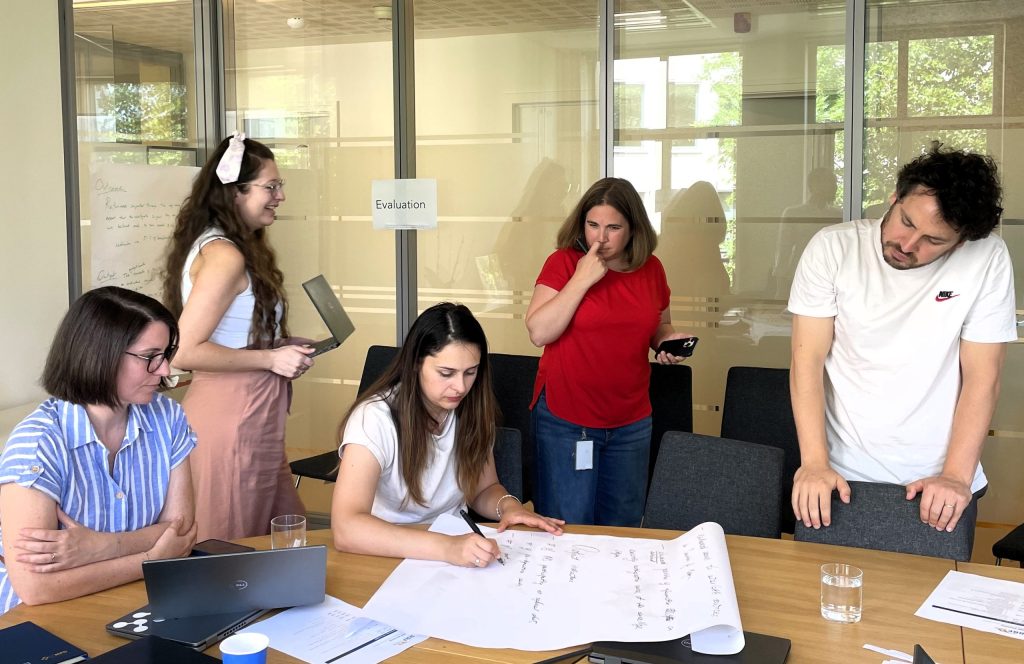
⭐ Professionalising Return Counselling: From Design to Delivery
Following a period of design and preparation in 2024, the first half of 2025 saw the Counselling Lab transition from concept to practice. This initiative aims to enhance the capacities of return counsellors through practical, peer-based learning formats tailored to MS needs. The inaugural training was delivered in Ireland in April 2025, shortly after the country joined the Facility. It brought together practitioners to reflect on ethical standards, build practical skills, and address real-life counselling challenges. By moving from design to delivery, the Counselling Lab is complementing existing efforts and contributing to more consistent, practitioner-informed approaches to return counselling across the EU.
⭐ Launch of New Activities: Referral Desks and Sustainable Reintegration Iraq (SR.I)
This semester also saw the launch of the OFII Referral Desks, now fully integration into the Reintegration Assistance Tool (RIAT). The initiative supports structured referrals to local services in Georgia, Cote d’Ivoire, and Senegal, providing complementary assistance beyond existing reintegration packages. It is the first referral project to be configured in RIAT, establishing a replicable model for other countries and programmes.
In parallel, the grant Sustainable Reintegration Iraq (SR.I) was formally launched. As the only grant-funded initiative under the RRF to date, the project offers 120 slots for business training and 75 for psychosocial support, with all MS invited to be configured and invited to refer eligible returnees.
⭐ Advancing Digitalisation with RIAT
In parallel with operational implementation, the RRF has continued to support digitalisation efforts through the Reintegration Assistance Tool (RIAT). Over the past six months, RIAT has seen both technical upgrades and functional expansion, positioning itself even further as a central platform for case management, monitoring and project configuration. Notably, the OFII Referral Desk became the first referral project fully integrated into RIAT, paving the way for streamlined data exchange and cross-country coordination.
Another key milestone in this period was the release in May of a financial process flow developed in good cooperation with Frontex. This process flow mirrors the operational process into a financial one, enabling Frontex to efficiently track their various grants to reintegration partners (RPs).
These developments demonstrate RIAT’s growing role as a digital pillar for return and reintegration, offering enhanced transparency, scalability, and efficiency to all participating MS and partners.
⭐ Field Engagement: Missions in Senegal and Pakistan
Field-level engagement was a core focus in this semester. In early May, the RRF carried out an observation mission to Senegal, alongside the French Office for Integration and Immigration (OFII). The delegation visited key reintegration areas such as Ziguinchor and Sandiara, exploring pilot environmental projects arising from reintegration programmes, and engaging directly with local beneficiaries. The mission deepened cooperation with local actors and authorities, improving understanding of national challenges and identifying ways to strength referral pathways and local ownership.
At the same time, the RRF conducted an exploratory mission to Pakistan, supporting the referral desks pilot embedded within ICMPD’s Migrant Resource Centre (MRC) framework in Islamabad. Exchanges with MRC counsellors and partners such as WELDO, GIZ and the Overseas Pakistani Foundation led to concrete opportunities to streamline referral procedures and enhance reintegration coordination in the region.
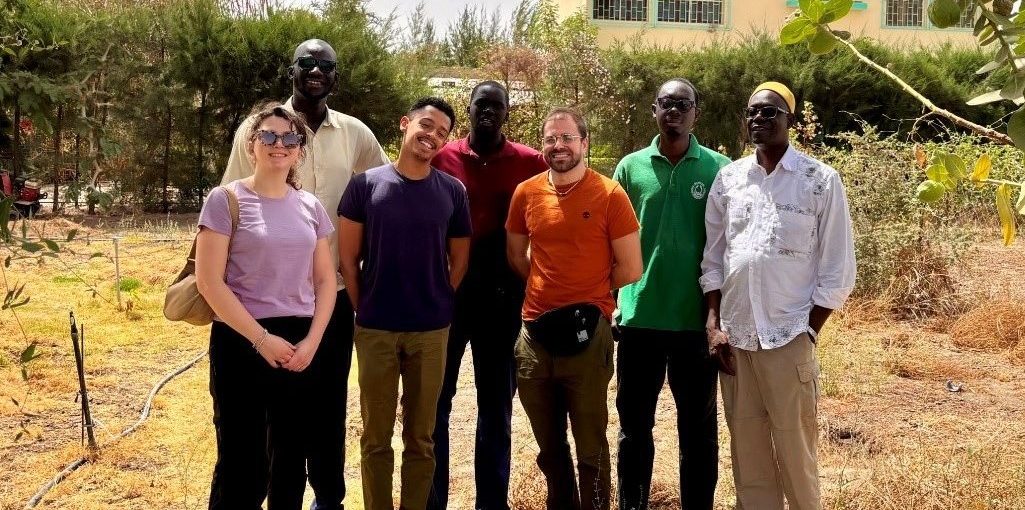
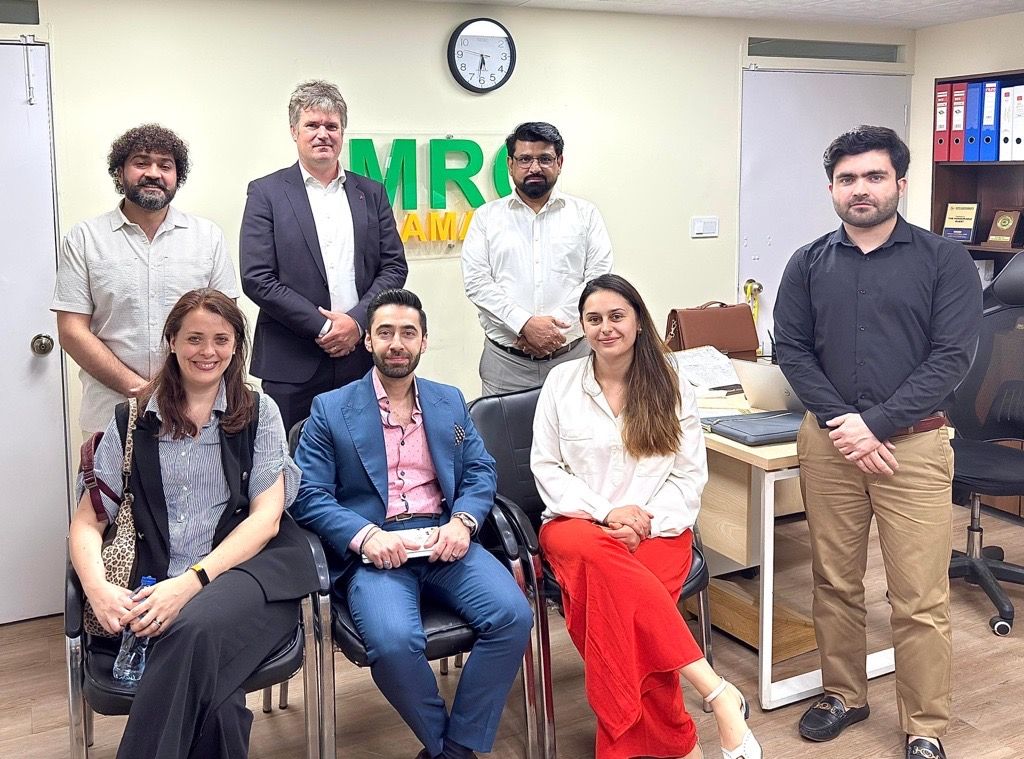
⭐ Strengthening Capacity and Generating Knowledge
April was marked by an emphasis on capacity development with an environmental and psychosocial angle. In Georgia, 15 reintegration partners took part in a training on business development for returnees, with a focus on integrating environmentally sustainable practices. In Senegal, a market study workshop and a training on psychosocial support helped align programming with regional economic opportunities and the specific needs of vulnerable groups. Additionally, the Reaching Undocumented Migrants (RUM) project concluded at the beginning of the year. The final event gathered experts and MS representatives to reflect on good practices and pragmatic ways to engage with undocumented populations. The project’s results have been summarised into practical recommendations, offering a base for future outreach programming. In fact, building on the RUM experience, the new initiative Support to Frontline Workers was conceptualised to strengthen the capacity of those engaging directly with hard-to-reach groups.
⭐ Looking Ahead
The first half of 2025 led to various milestones: operational partnerships have been deepened, new tools have been launched, and the RRF has continued to engage regularly with its MS and partners. These developments reflect not only institutional growth but also a more systemic approach to return and reintegration – one that connects local realities with MS needs and prioritises sustainability.
In the second half of the year, the team will continue to engage actively with its stakeholders, ensuring alignment and responsiveness to evolving needs. The operationalisation of ongoing activities will be further reinforced, including the rollout of pilot initiatives and the expansion of referral mechanisms. At the same time, RIAT will remain a central focus, with continued development and implementation to support MS and partners through digital tools. This will go hand in hand with our continued collaboration with Frontex, ensuring that emerging tools and practices reflect EU-wide priorities and benefit from shared expertise. By maintaining this momentum, the RRF aims to consolidate its role as a reliable and forward-looking support platform for dignified and coordinated return and reintegration across the EU and beyond.

